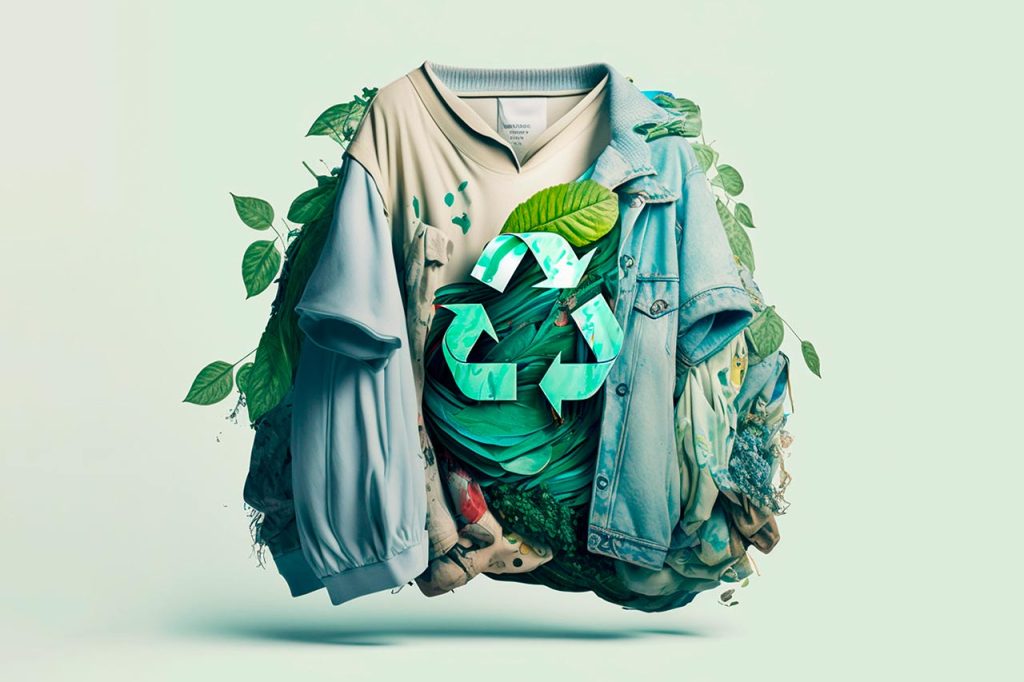For years, destroying surplus clothing has been a common practice in the fashion industry. But this model is no longer sustainable or legally viable.
With the implementation of new European regulations and growing social pressure, brands are being forced to rethink how they manage their inventory.
In this article, we explain how EPR (Extended Producer Responsibility) and new anti-waste laws related to product destruction are transforming the textile sector.

Primark campaign
What is EPR and how does it impact fashion?
Extended Producer Responsibility is a legislative principle that requires manufacturers to take responsibility for the full life cycle of their products — including what happens after the sale: recycling, reuse, or disposal.
In fashion, this means:
- Designing more durable and recyclable products
- Implementing take-back and sorting systems
- Financing textile waste treatment systems
- Avoiding the destruction of unsold new clothing
France was a pioneer:
Since 2022, brands in France have been prohibited from destroying unsold clothing. Instead, they are required to reuse, donate, or recycle it. Fines for non-compliance can reach €15,000 per violation.
The EU is aligning:
In July 2023, the European Commission proposed a region-wide ban on destroying unsold clothing, footwear, and electronics. This initiative is part of the European Green Deal and the Circular Economy Action Plan.
Anti-waste and traceability regulations
The mass destruction of stock has raised not only environmental concerns but also ethical ones. New laws now demand greater traceability and transparency in stock management:
- Mandatory inventory and surplus reporting
- Documented justification for the destination of products
- Penalties for poor practices in disposing of new goods
This traceability is increasingly linked to Corporate Social Responsibility (CSR) criteria. It’s no longer enough to launch an “eco” line or a sustainable capsule collection — brands must demonstrate commitment across the entire value chain.

What can brands do in this new scenario?
At Tekstila, we’ve been helping companies align with these regulations for years — without sacrificing profitability. How?
- We offer circular solutions to recover and redistribute stock in new markets
- We guarantee brand confidentiality and control
- We provide traceability reports tailored for audits and regulatory compliance
With our model, brands not only comply with the law — they enhance their reputation, reduce waste, and improve logistics efficiency.
Compliance isn’t a burden. It’s an opportunity.
Regulations are not the enemy. They’re the gateway to a fairer, more efficient, and sustainable industry.
At Tekstila, we’re ready to support you through this transition.
Are you ready to turn your stock into a competitive advantage?

